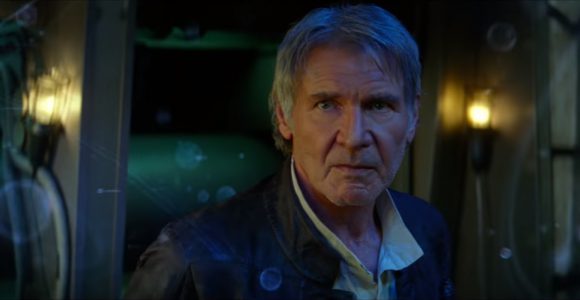Every once in awhile, a movie comes along that changes our expectations of a genre. These rare events are invaluable to a genre like science fiction, which is constantly belittled for being intellectually “sub par” to its non-genre counterparts. Sci-fi flicks are often dismissed for contributing little to the discussion except escapism, flashy action sequences, and misogynist stereotypes. But good science fiction is anything but escapist, no matter how many chitinous extraterrestrials or head-exploding laser cannons are involved.
District 9 is good science fiction.
What does a bone-chillingly excellent film like District 9 have in its gritty essence that is capable of waking us up from the coma of ho-hum sci-fi/fantasy films that have plagued 2009? First there were the action films that promised a lot but delivered little: Wolverine, Transformers, Terminator Salvation. Then there was the letdown that left us with a sour taste in our mouth (Watchmen), and finally, there was the much anticipated adaptation that (despite being so anticipated) was by its very nature, entirely predictable (Harry Potter and the Half-Blood Prince).
What District 9 has over the competition isn’t better CG, better acting, or even a better plot than other decent sci-fis. What sets a film like District 9 apart from the rest is its willingness to be thematically unrelenting, to mix fantasy with drama—to take itself seriously. The Dark Knight succeeded in changing our expectations of comic book movies exactly because it saw itself not as a comic book film, but as a film about justice and madness and human nature that was only taking place in a comic book reality incidentally. 28 Days Later terrorized us in a way that zombie films have failed to for so many years because the film is first and foremost a film about human beings surviving in a world consumed by human “Rage,” and only secondarily a film about zombies and gore and fear. And the same can be said of Children of Men, so terribly underrated, which gave us a secular vision of Messianic rebirth and the renewal of the human race without getting lost in its apocalyptic edginess and disturbing realism.
District 9 works because the film is not the sum of its surface-level social messages. Armond White, in his much hated review of the film, makes the mistake of measuring the entire value of the film by analyzing its allusions to South African apartheid. The problem is that District 9 is and is not about South Africa. The racial and historical implications that come from placing the film in this setting are definitely intended, but Blomkamp isn’t retelling the story of South African apartheid through District 9, and that’s where White’s criticism that “the allegory is misapplied” is misapplied—he takes the analysis too far, missing the forest for the trees.
The world of District 9 is not even about human beings, whose humanity we take for granted. The deplorable antihero Wikus becomes marginally redeemable only after he has lost half of what we take to be “his humanity,” near the end of the film. No human being in District 9, except perhaps the cosmically distant talking heads of the documentary, are ultimately compassionate: MNU is a warmongering, corporate facade; the people of Johannesburg are hateful xenophobes; both the MNU’s psychotic, White hired-guns and the ghoulish Nigerians are ruthless murderers; even Wikus’ wife is quick to abandon him for what he has become. Was our feeble attempt to rescue the Prawn from their disabled saucer a truly humanitarian effort, or are all of our compassionate gestures merely veiled cost-benefit analyses, reducible to the market value of weaponry and cat food?
Wikus nearly destroys any chance he has of “returning to normal” when he is unwilling to sacrifice his interests in the short term, yet the Prawn he allies with hesitates to leave Wikus behind despite his earlier betrayal. Are the Prawns naive or irrational? The Prawns are stranded among monstrous aliens whose rationality is infectious, deadly, and counter-intuitive to their own. And yet District 9 is open for interpretation, and that’s what makes it worthwhile.



